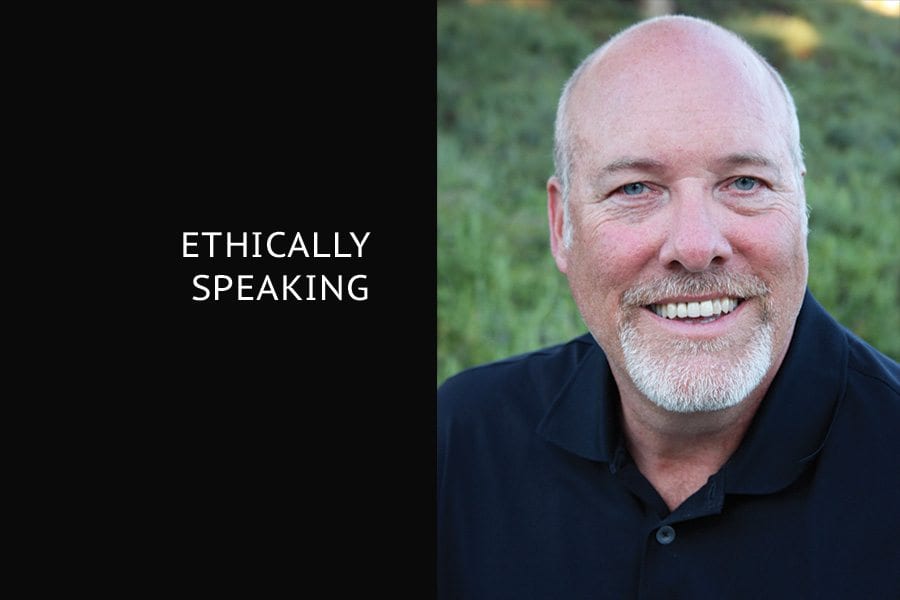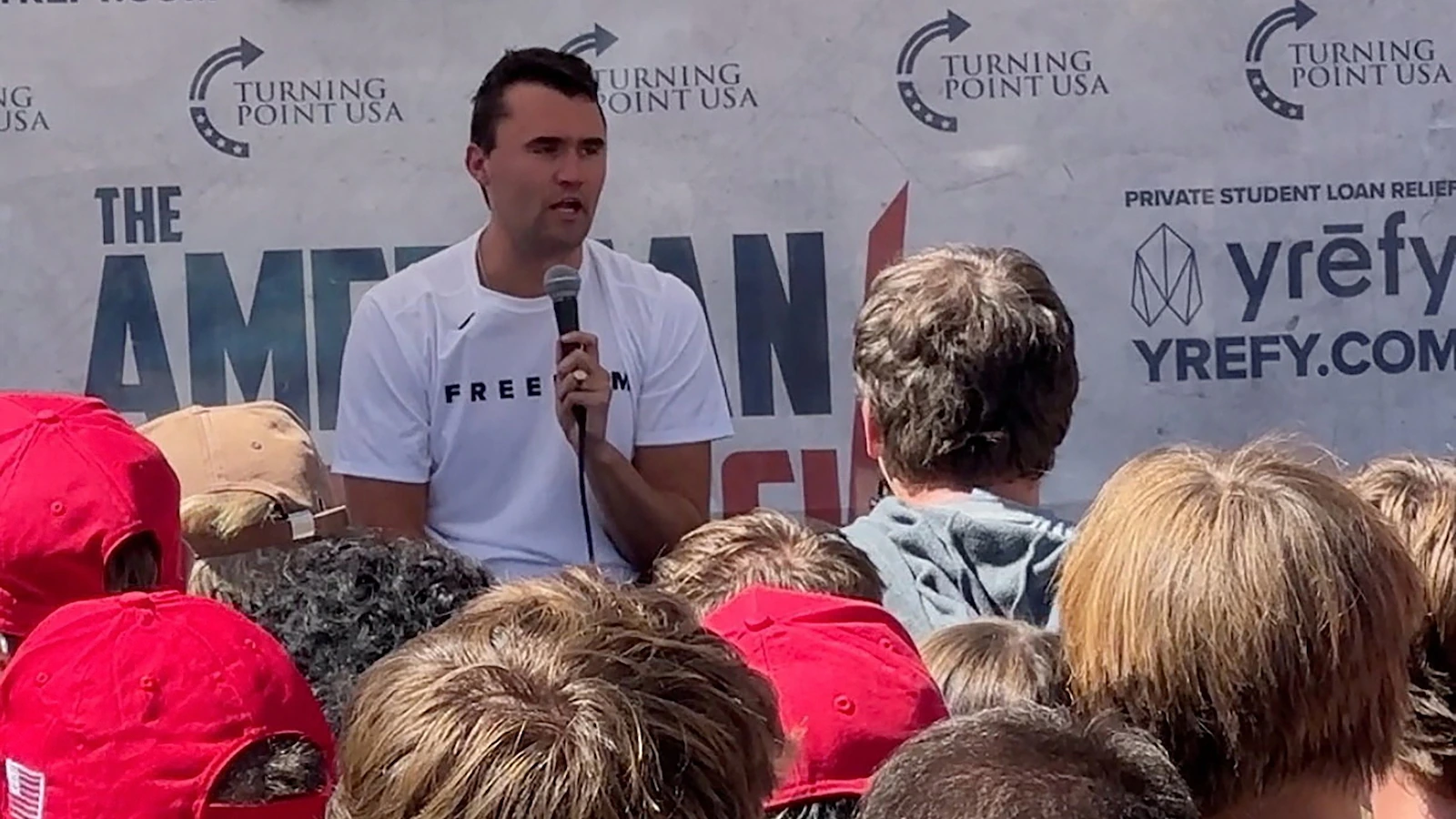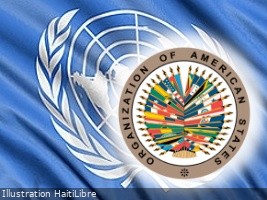
By David Hegg
There is an old saying that, being old, has been buried in the accumulated dust of a fast-paced, progressive society. It goes like this: Internal compliance is preferable to external compulsion. You might have heard its cousin, “you can’t legislate morality,” or maybe its next-door neighbor, “it’s what’s inside that counts.”
Whatever form this piece of wisdom takes, it simply means external pressure may restrain harmful passions and the destructive behaviors they incite. Still, it cannot replace immoral beliefs and desires with ethical convictions and the behaviors civil society requires. Simply put, you can cage the gorilla of evil, but if you feed and strengthen the gorilla while allowing the cage to deteriorate, you’ll eventually reap disaster. If you’re like me, you’re noticing a lot more external compulsion in our country. In many situations, it is greatly needed. We’re watching as many negative realities continue to expand their reach as man’s inhumanity to man becomes more and more a daily news item.
But here’s the bigger point. The long-term answer to the growth of evil beliefs and their inevitable actions can’t be confined to external restriction and punishment, even if they work to curb the criminal activity of some. The long-term answer is — and always has been — one that isn’t about the cage but all about the gorilla. The answer to societal erosion in the area of moral behavior is that we must realize human society depends on right and wrong being instilled in the hearts of individuals. It means we refuse to believe we are gorillas. We are not merely animals composed of material parts that result from purely chemical processes. No! There is an immaterial part to being human that includes consciousness and conscience.
Historically, this immaterial aspect of humanity has been referred to as the soul. And while modern theories of origin have attempted to debunk the very idea of the soul, we repeatedly recognize there is a part of us that isn’t physical, that can’t be explained by a combination of atoms or genes. It is our souls that are meant to be the repository of ethical convictions and moral standards. The truth today is that more and more of our fellow humans, while perhaps educated in many ways, have almost no ethical and moral foundation. For too many, ethical behavior is relative and adjusted to align with personal passions. Rationalization and justification in areas once considered forbidden have become regular fare. A prime example of our society’s moral drift is that we have many who consider murderers worthy of applause. How did we get here? When did evil become good, murder become deserved, and moral collapse in the areas of sexuality and marriage become progressive victories?
Moral and ethical education should begin at home. Even as forces in our day aim to dismantle the nuclear family, we all know parents — Mom and Dad — are the most potent forces in shaping their children into moral and ethical adults who have an internal commitment to ethical convictions, moral standards, and righteous patterns of behavior. These are the kind of individuals employers want, neighbors hope for, governments seek out for leadership, and society as a whole depends on.
I’ll suggest that, after parents, our educators are also essential in terms of being powerful agents. Their role is to educate students in such a way that they learn there are right and wrong ways to live, relate to others, and succeed in life, thereby contributing positively to their society.
And, of course, there is no substitute in the area of ethics and morality for belief in, study of, and obedience to, that transcendent reality we know as Aristotle’s Unmoved Mover, Almighty God. You don’t have to be religious to understand there are undeniable truths and indisputable realities of right and wrong. However, we would all do well to seek, as many have done, to determine whether belief in God is as satisfying and empowering as many suggest.
Our country, as prosperous and wonderful as it is, is sliding down the slopes of missional drift. We are drifting quickly away from our moorings. We pledge allegiance to “one nation under God.” Still, our evident division, our vindictive disunity, is prima facie evidence that we have pushed God to the margin, and perhaps all the way off the page. The solution involves reorienting our understanding of what is truly correct, ethical and moral, and therefore, what is truly helpful. The challenge is great, but the need is greater. And, while we can’t do everything, we can do something. What we can do, we ought to do. What we ought to do, we will do, and it will be better for us all, and indeed for our children and all who come after us.



